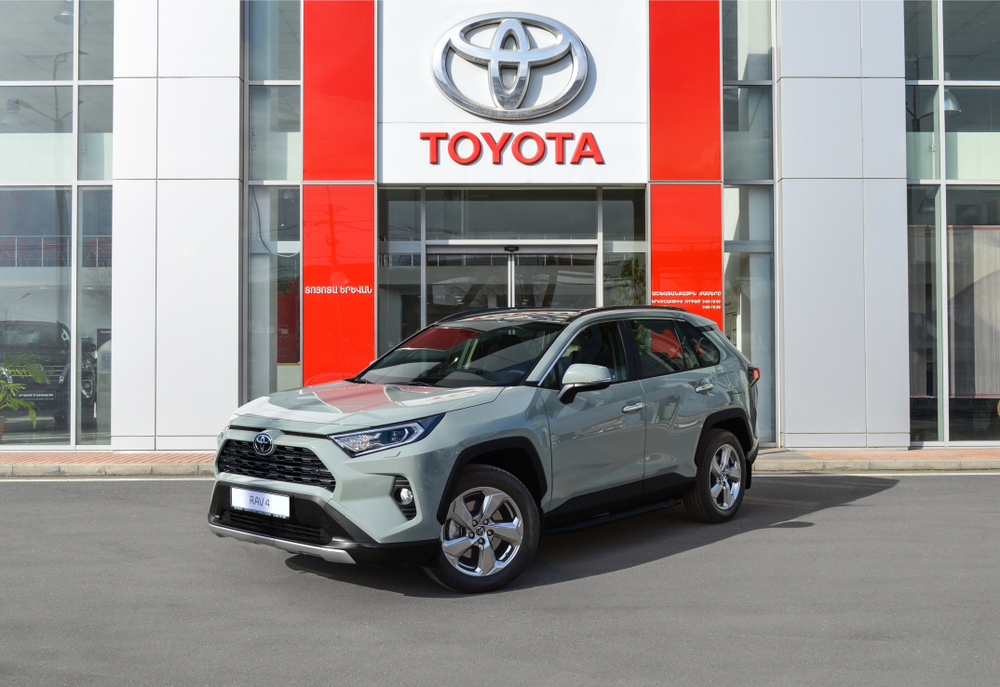BEIJING, 21 April, 2021 – Tencent took the top spot among cloud providers in Greenpeace East Asia’s latest clean energy scorecard for China’s tech sector, beating out Alibaba, which fell to fourth place. Chindata Group once again scored first in the data center operator category.
“China’s internet sector is powered primarily by coal, and the industry’s energy consumption continues to rise. Over the past year, more Chinese companies have begun to procure renewable energy and to disclose greenhouse gas emissions data. However, the pace of clean energy adoption is not nearly fast enough, especially when we consider that China’s biggest tech company, Alibaba, and its biggest independent data center operator, GDS, have yet to issue renewable energy or carbon neutrality commitments,” said Greenpeace East Asia climate and energy campaigner Ye Ruiqi.
Key findings:
– Tencent ranked first among China’s cloud providers due to the company’s overall progress, including its positive record on transparency, increase in renewable energy procurement and recent announcement that it would work toward carbon neutrality. By contrast Alibaba fell from first to fourth place in the cloud provider category as a result of its poor performance on clean energy use and lack of transparency.
– To date only one major Chinese tech company, data center operator Chindata Group, has pledged to achieve carbon neutrality by 2030. Last year Chindata signed contracts to develop 1.3 GW of wind and solar projects in Shanxi and Hebei provinces, making the company one of the top three renewable energy buyers worldwide in 2020. At the same time, data center operator GDS fell from second-ranked data center operator to sixth due to a lack of carbon neutrality commitments and poor transparency.
– As of April 2021, 13 of China’s 22 biggest tech companies have begun to actively procure renewable energy, compared to just 8 companies in 2019. However, only two major Chinese tech companies have recorded renewable energy usage rates that are higher than 3%: Chindata (51%) and Baidu (9%).
China’s data center industry is a significant and growing source of CO2 emissions. Energy consumption from the sector is on track to increase by 66% between 2019 and 2023, at which point electricity consumption from the industry is projected to rival that of Australia. In 2018, data centers in China were powered 73% by coal.
Greenpeace urges that China’s internet companies set targets for 100% renewable energy use and achieve carbon neutrality (scope 1-3) by 2030. Carbon offsets are not a substitute for the reduction of fossil fuel emissions. Companies must scale up procurement of wind and solar energy, and actively disclose energy use data and greenhouse gas emissions data.
“Tech giants like Alibaba and GDS have an opportunity to drive China’s shift to a low-carbon economy, but currently they are falling behind their competitors. Ultimately, we need all of China’s major tech firms to achieve 100% renewable energy use and carbon neutrality across the value chain by 2030 – this would lend strong momentum to China’s national climate commitments,” said Ye.
END
Notes:
English version of the report (abridged) is available here.
Full report is available here (in Chinese).
Researchers used publicly available information to analyze China’s 22 largest cloud and data center companies, comprising 74% of China’s IaaS public cloud market and over 78% of China’s data center market. Companies were rated on energy transparency, energy efficiency and carbon reduction, renewable energy performance, and government and industry influence. Market segment figures calculated are calculated based on 2019 data.
Contacts:
Erin Newport, International Communications Officer, Greenpeace East Asia: [email protected]
Greenpeace International Press Desk, [email protected], phone: +31 (0) 20 718 2470 (available 24 hours)



